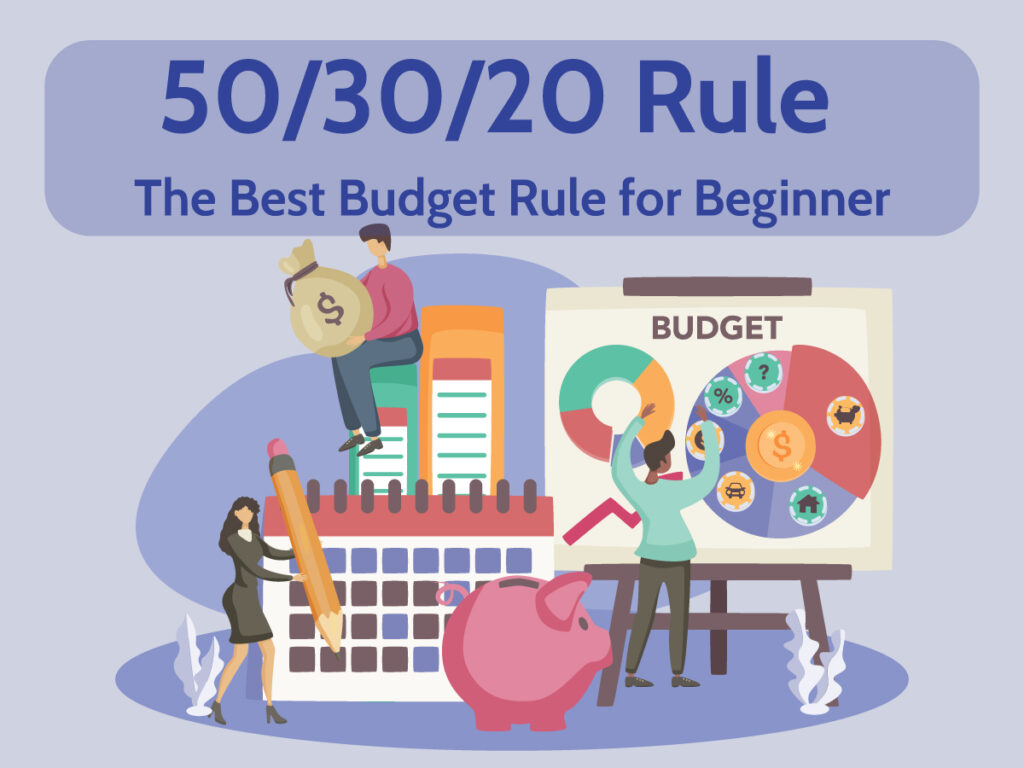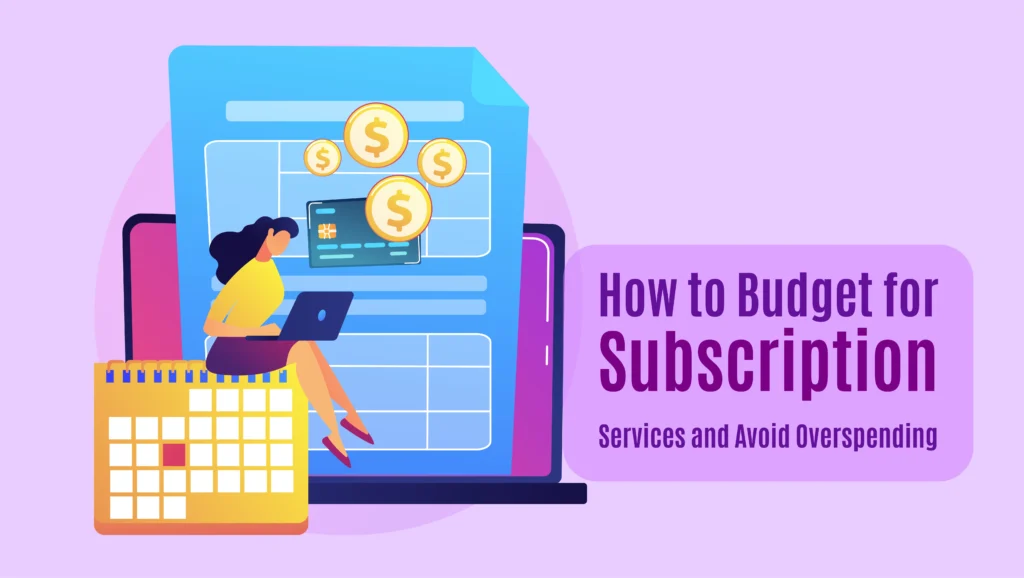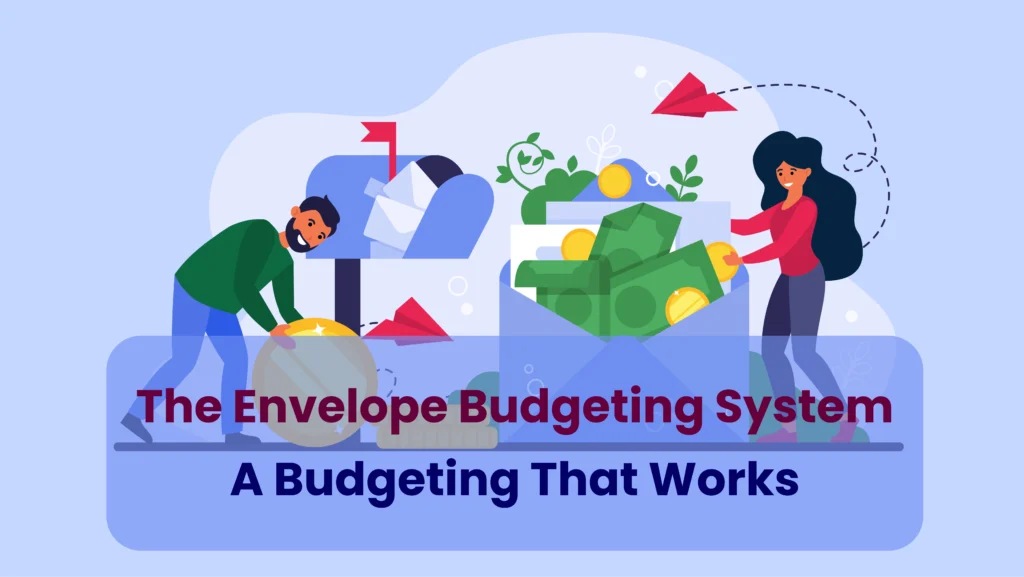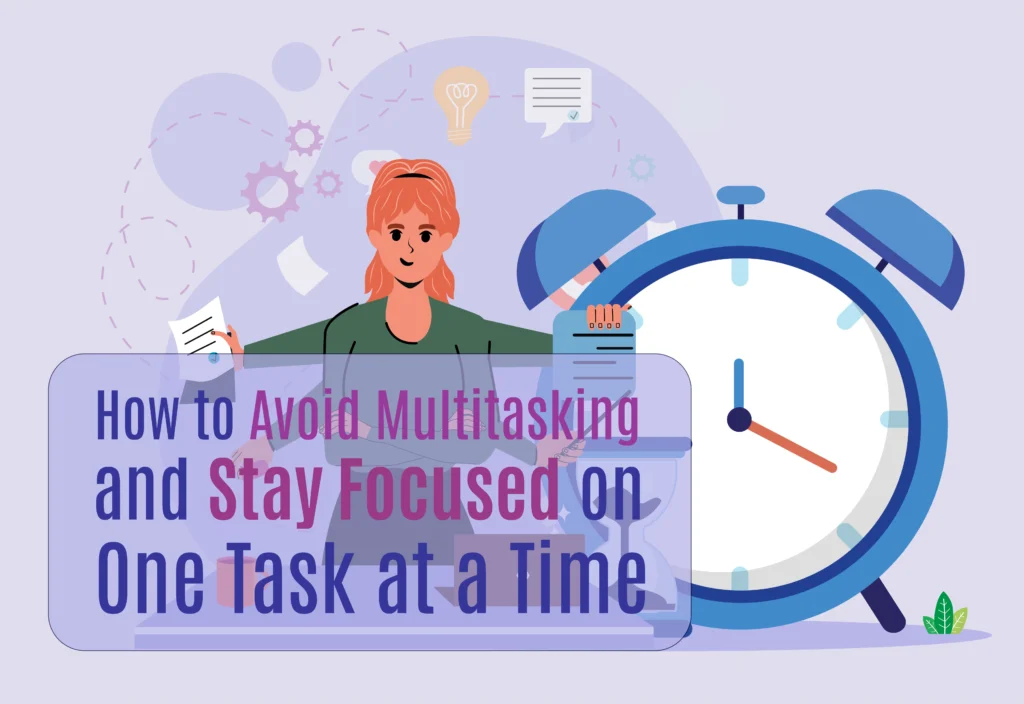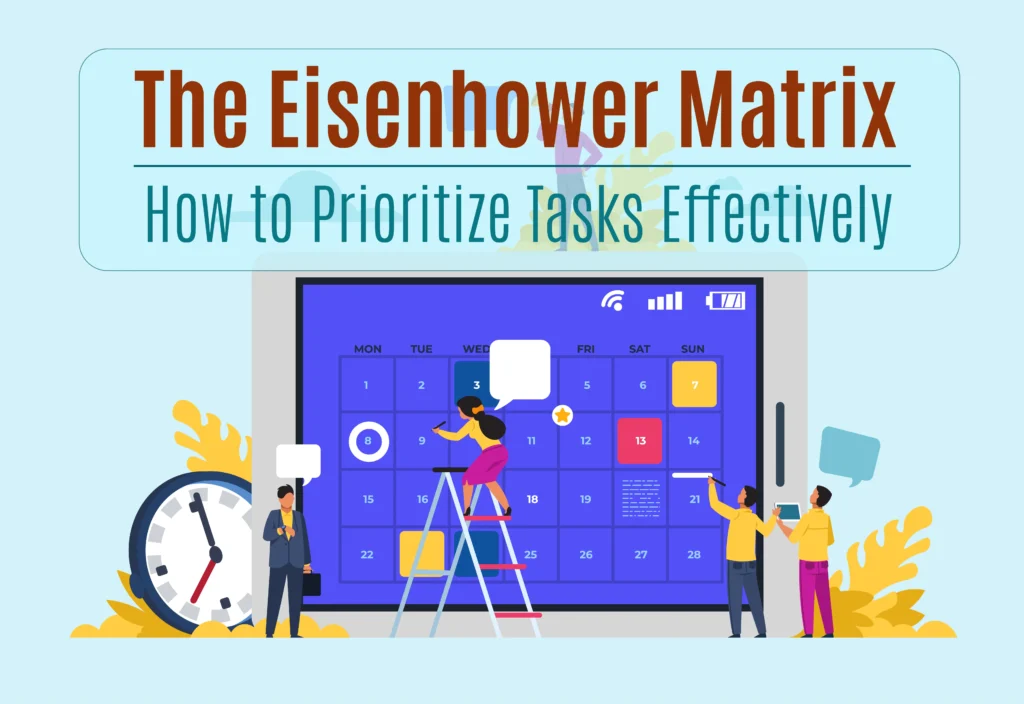The Impact of Late Payments on Credit Score and How to Avoid Them
The Impact of Late Payments on Credit Score and How to Avoid Them, often leading to a significant drop that can hinder your ability to secure loans, credit cards, or even favorable interest rates. Many people don’t realize just how quickly a single missed payment can affect their credit rating, with repercussions that might last for years. Understanding the impact of late payments on your credit score is crucial for maintaining strong financial health and opening doors to better financial opportunities.
In this guide, we’ll explore how late payments are reported, why they affect your credit so severely, and what you can do to prevent or manage them. From setting up reminders and automatic payments to understanding grace periods, you’ll find actionable tips to help you keep your credit report clean. By the end, you’ll be equipped with effective strategies to protect your score and maintain a solid credit history.
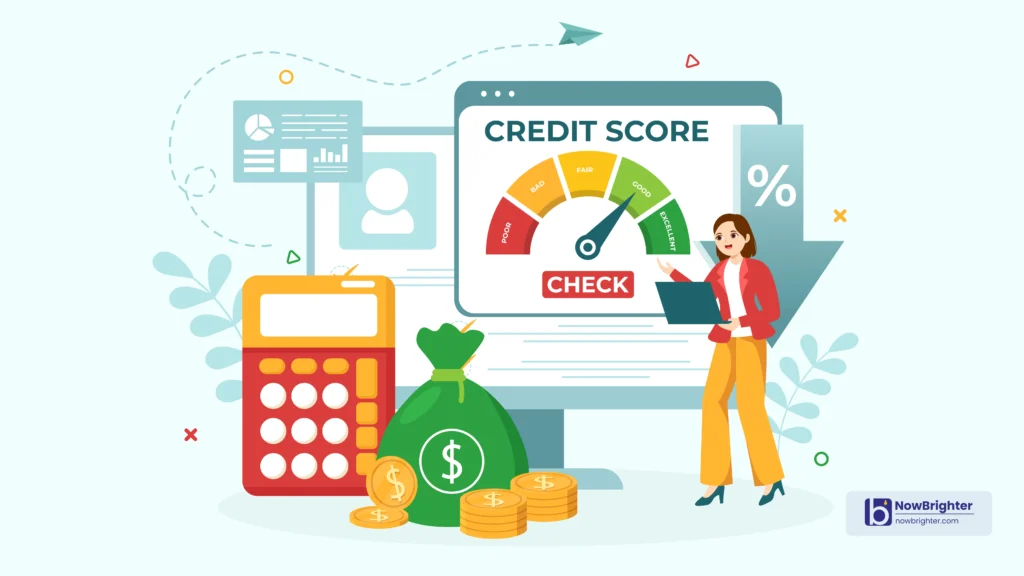
How Late Payments Affect Your Credit Score
Your credit score is a reflection of your financial habits, and payment history is the most significant factor that impacts it. Credit scoring models, such as FICO and VantageScore, place heavy emphasis on whether you pay your bills on time. Missing a payment or paying late can cause a serious drop in your credit score, making it harder to qualify for favorable financial products.
What Constitutes a Late Payment?
A payment is considered late if it is not received by the creditor after the due date has passed. However, the impact on your credit score usually occurs after the payment is 30 days overdue. At this point, most creditors report the late payment to the major credit bureaus (Experian, Equifax, and TransUnion), and that’s when your credit score begins to drop.
When Creditors Report Late Payments
Most creditors will not report a late payment to the credit bureaus until it is at least 30 days overdue. This means that if you’re a few days or even a week late, it’s possible to avoid damage to your credit score by catching up quickly. However, you will likely incur a late fee or penalty from the creditor even if they haven’t yet reported the late payment. If the payment is delayed beyond 30 days, the damage becomes more significant as creditors report it to the credit bureaus, potentially lowering your score by 50-100 points depending on your credit history.
How Payment History Affects Credit Score (35%)
Your payment history accounts for 35% of your credit score, making it the most influential factor in determining your creditworthiness. Consistently paying your bills on time shows lenders that you are financially responsible, while missed or late payments suggest that you may struggle with managing your debt.
Even one late payment can cause your score to drop, and multiple late payments can compound the damage. This is why it’s critical to maintain a consistent payment history. Once a late payment is reported, it remains on your credit report for seven years, although its negative effect diminishes over time if you continue to make on-time payments.
Impact of 30, 60, and 90-Day Late Payments
The severity of a late payment’s impact on your credit score increases the longer the payment is overdue. The first 30 days may only cause a slight dip if you quickly catch up, but as the lateness stretches into 60 and 90 days, the effects become much more damaging.
- 30-Day Late Payments: These typically cause a noticeable drop in your score, especially if you have a high credit score to begin with. If you catch up before 60 days, the damage is less severe, but the mark will still appear on your credit report.
- 60-Day Late Payments: At this point, your credit score will likely experience a more substantial drop. Additionally, creditors may start applying higher interest rates or restricting access to additional credit.
- 90-Day Late Payments: Payments that are 90 days or more overdue can devastate your credit score and may lead to your account being sent to collections. This type of late payment can cause long-term damage and may make it difficult to obtain credit for years.
Long-Term Effects of Late Payments on Credit
Once a late payment is reported, it stays on your credit report for up to seven years, affecting your creditworthiness during that time. Although the impact lessens as time passes, the initial damage can be severe, especially for borrowers with higher credit scores. Late payments are particularly damaging to people who have a previously clean payment history because they stand out more on their credit report.
Late Payments Stay on Your Credit for Seven Years
Late payments stay on your credit report for seven years from the date of the missed payment. However, the longer you continue making on-time payments after the missed payment, the less it affects your score. By the time the late payment reaches the end of the seven-year period, it has much less influence on your credit score, but the best course of action is to avoid late payments altogether.
How Late Payments Affect Different Credit Scores
The impact of a late payment on your credit score can vary depending on your current score. Typically, individuals with higher credit scores experience a more significant drop when they miss a payment compared to those with lower scores.
- Larger Dips for Higher Credit Scores: If you have an excellent or good credit score (700+), a single late payment can drop your score by 50-100 points. Lenders see late payments from high-credit individuals as a significant red flag.
- Lower Scores Experience Less of a Drop: For individuals with lower credit scores (below 650), the impact of a late payment might be less severe, but it still worsens their already weak credit profile, making it even harder to improve.
≫ Related Post: How to Remove Late Payments from Credit Report
Financial Consequences of Late Payments
In addition to damaging your credit score, late payments come with other financial consequences that can affect your finances in the long term.
Increased Interest Rates
One of the immediate financial consequences of missing a payment is the potential increase in your interest rate. Credit card companies, in particular, may apply a penalty APR (annual percentage rate) if you miss a payment. This higher interest rate can apply to both your existing balance and future transactions, making it more expensive to carry debt.
How Penalty APR Works
Once you miss a payment, your credit card issuer may increase your interest rate to the penalty APR, which is typically much higher than your regular APR. This rate can be as high as 29.99%, depending on your credit card terms. The penalty APR can last indefinitely, although some issuers may lower it after six months of on-time payments.
Late Fees and Penalties
In addition to higher interest rates, late payments often come with late fees, which can add up quickly if not addressed.
Typical Late Fee Structures
Most credit card companies charge a flat fee for late payments, usually around $25 to $40 for the first missed payment. If you miss multiple payments, these fees can increase, compounding your debt and making it more difficult to catch up.
Loan and Credit Denials
As your credit score drops due to late payments, your chances of being approved for future loans or credit diminish. Lenders view multiple late payments as a sign that you are a high-risk borrower.
Negative Impact on Renting and Employment
Late payments don’t just affect your ability to borrow money—they can also impact other aspects of your life, such as renting a home or applying for a job.
- Landlords and Late Payments: Many landlords check credit reports when screening potential tenants. If your credit report shows late payments, you may be denied a rental, or the landlord may require a higher security deposit.
- Employers and Credit Checks: Some employers, particularly in the financial sector, check credit reports before hiring. Late payments can be a red flag, especially for jobs that involve handling money or sensitive information.
How to Recover from Late Payments
If you’ve missed a payment, it’s not the end of the world. While late payments can cause damage, there are steps you can take to minimize their impact and start rebuilding your credit.
Catch Up on Overdue Payments
The first step is to catch up on any overdue payments as soon as possible. The sooner you make the payment, the less damage it will do to your credit score. If your payment is still within 30 days of the due date, you can often avoid it being reported to the credit bureaus.
Prioritize Overdue Payments
If you have multiple overdue payments, prioritize those that are closest to 30 days late, as these are the most likely to be reported to the credit bureaus. Catching up on payments before they reach the 60- or 90-day mark is also critical, as these longer overdue periods have more severe consequences.
Contact Your Creditor to Negotiate
If you’re struggling to catch up on payments, contact your creditor to discuss your options. Many creditors are willing to work with you, especially if you’ve been a responsible borrower in the past.
What is a Goodwill Adjustment?
In some cases, creditors may offer a goodwill adjustment, where they remove a late payment from your credit report. This is usually done as a favor for customers who have a good payment history and can show that the late payment was an isolated incident.
Set Up Automatic Payments
One of the easiest ways to prevent late payments in the future is to set up automatic payments. Many banks and credit card issuers allow you to set up automatic payments, which can either pay the minimum amount due or the full balance each month.
Monitor Your Credit Report
Once you’ve made efforts to recover from a late payment, it’s important to monitor your credit report to ensure that your actions are reflected. You can use free credit monitoring services to track your score and spot any errors that may still be affecting your credit.
How to Avoid Late Payments in the Future
The best way to protect your credit score is to avoid late payments altogether. By implementing a few simple strategies, you can ensure that your bills are always paid on time.
Set Up Reminders and Alerts
If you have trouble keeping track of due dates, set up reminders or alerts. Many banking apps allow you to set notifications for upcoming due dates, or you can use calendar apps to schedule recurring reminders.
Create a Budget and Prioritize Debt Repayment
A well-structured budget can help ensure that you have enough funds to cover all your bills each month. Make debt repayment a priority in your budget, and set aside money specifically for paying off credit card balances and loan installments.
Maintain a Financial Cushion
Building an emergency fund can help you cover payments when you face unexpected expenses or income disruptions. Having a financial cushion gives you more flexibility and prevents missed payments during tough times.
Building an Emergency Fund
Start by setting aside a small portion of your income each month to build up an emergency fund. Ideally, your fund should cover at least three to six months of living expenses. This way, if you encounter a financial setback, you’ll have the money to keep paying your bills without falling behind.
Conclusion
Late payments can have a significant and lasting impact on your credit score, but with the right approach, you can recover and rebuild your credit. By understanding how late payments affect your credit, catching up on overdue payments, and setting up systems to avoid future late payments, you can protect your financial health. Maintaining a good credit score opens up more opportunities for loans, credit cards, and even employment, so it’s worth taking proactive steps to stay on top of your payments.

